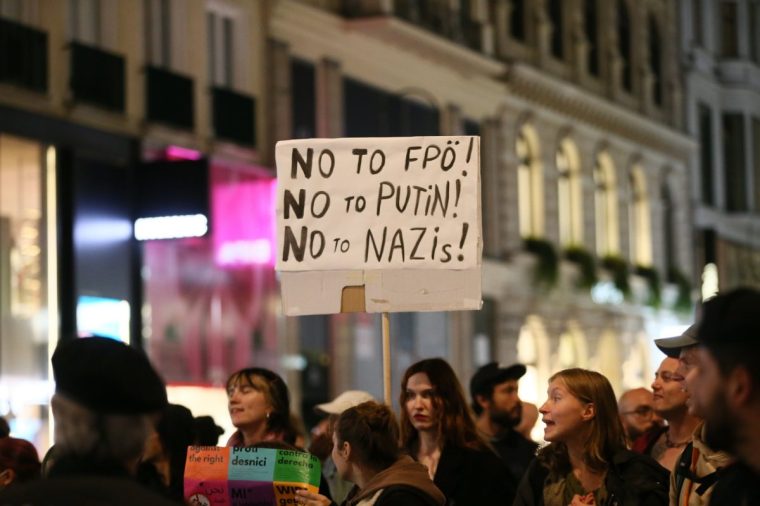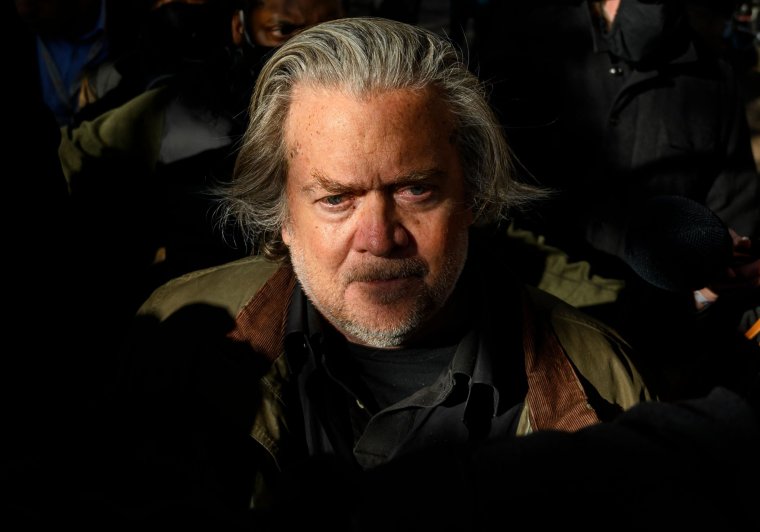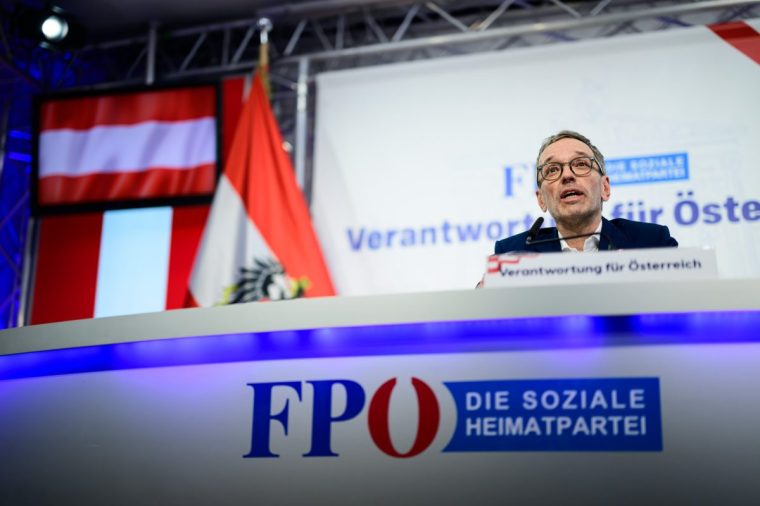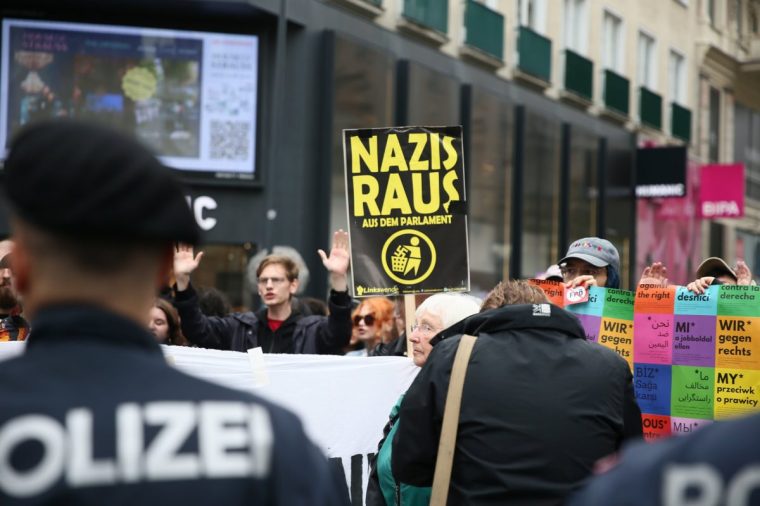Far-right leader Herbert Kickl is poised to become Austria’s next chancellor, a move that could reshape Europe’s political landscape with anti-immigrant policies and closer ties to Moscow.
Kickl, the leader of Austria’s far-right Freedom Party (FPÖ), is set to take power as the country’s next chancellor in a coalition with the conservative People’s Party (ÖVP) after he was asked Monday to form the country’s next government.
The FPÖ, founded by former Nazis in the 50s, came first in last September’s parliamentary elections, winning 29 per cent of the vote, but the mainstream parties initially vowed to work together to exclude them from government. Those three-way coalition talks collapsed on Saturday, and the country’s president, Alexander Van der Bellen, then invited Kickl to Vienna, tasking him with forming a government.

If confirmed as chancellor, Kickl would be the latest extremist or populist leader to take office in Europe, creating a potentially powerful anti-immigrant, pro-Russian, and Eurosceptic bloc in the heart of the Continent.
It would also blow a wider gap in efforts by traditional centrist parties to sideline the far right – and undermine the European Union’s efforts to maintain unity in the face of a series of increasing political, security, and economic challenges.
Who is Herbert Kickl, the man likely to be Austria’s next chancellor?
Kickl, 55, has been a key backroom figure in the FPÖ for 30 years, serving in roles including executive director and secretary general before becoming party leader in 2021.
From rural Carinthia in southern Austria, he dropped out of university and became a lieutenant to Jörg Haider, the FPÖ’s charismatic leader in the 90s, helping draft the slogans that first propelled the party into government in 2000.
He has been a national MP since 2006, apart from a two-year stint between 2017 and 2019 as Minister of Interior, when the FPÖ was the junior coalition partner to the ÖVP – a period during which he controversially ordered a raid on the government’s own domestic intelligence service, the BVT.
Uncompromising and surprisingly shy, he has been likened to Steve Bannon, the American political strategist and former aide to Donald Trump, with both credited for masterminding potent populist policies in the shadows, harnessing voter anxiety over migration, the cost of living, and gender culture wars.

An incendiary ideologue, who once dismissed President Alexander Van der Bellen as a “senile mummy,” he has a knack for devising caustic but memorable campaign slogans, often using advertising tactics like rhyming rhetoric. These include “Daham statt Islam” (“Home, not Islam”) and “Mehr Mut für unser Wiener Blut” (“More courage for our Viennese blood”).
What does the FPÖ stand for?
The FPÖ says its mission is to defend freedom and Europe’s Christian roots. Austria “is not a country of immigration,” it says, and it battles against “forced multiculturalism, globalisation, and mass immigration”. The party brands migrants as criminals and welfare spongers, pledges to deport asylum seekers, and aims to turn Austria into a “fortress” against migration.

Like many other far-right parties, the FPÖ also denies climate change and calls for neutrality in Russia’s war on Ukraine. During the Covid pandemic, it embraced conspiracy theories about a political-medical cartel and campaigned against mandatory vaccinations and lockdowns.
Despite distancing itself from its Nazi origins, the FPÖ’s past lingers. Kickl’s self-description as the “Volkskanzler” (people’s chancellor) evokes Nazi-era terminology, and he has resisted acknowledging the SS’s collective guilt for war crimes.
Why is Kickl set to become Austria’s chancellor?
The FPÖ’s strong election showing, winning 57 seats – up by 26 from 2019 -initially led to centrist efforts to form a “cordon sanitaire”. However, the resignation of ÖVP’s Chancellor Karl Nehammer and his replacement by Christian Stocker shifted the conservatives’ stance. Stocker’s willingness to cooperate with the FPÖ, backed by provincial leaders and business elites, has paved the way for Kickl’s rise. Weekend polls showing FPÖ support at 37 per cent added urgency to avoid snap elections.
What would a far-right Austria mean for Europe?
Austria’s lurch to the right would further cement the populist surge across Europe. Within the European Parliament, the FPÖ is part of a group called the Patriots for Europe that includes the parties of Hungarian Prime Minister Viktor Orbán and Czech Prime Minister Andrej Babiš, as well as Geert Wilders’ anti-Islam Party for Freedom (PVV) in the Netherlands, Spain’s Vox, and the French National Rally. It is also close to Italy’s far-right Prime Minister Giorgia Meloni and the AfD in neighboring Germany, currently polling second place ahead of next month’s elections.

While the far right is still some distance from dominating European politics, it is already influencing policymaking, notably slowing the EU’s green policies and hardening rhetoric over immigration. But the biggest threat concerns Russia: the most Moscow-friendly, Ukraine-sceptic populists are in Hungary, Slovakia, and Austria (with the Czech Republic potentially joining after elections this year), forming a ‘Habsburg bloc’ that could stymie efforts to support Kyiv.


Levy has to be brave enough to do what he has never done at Tottenham